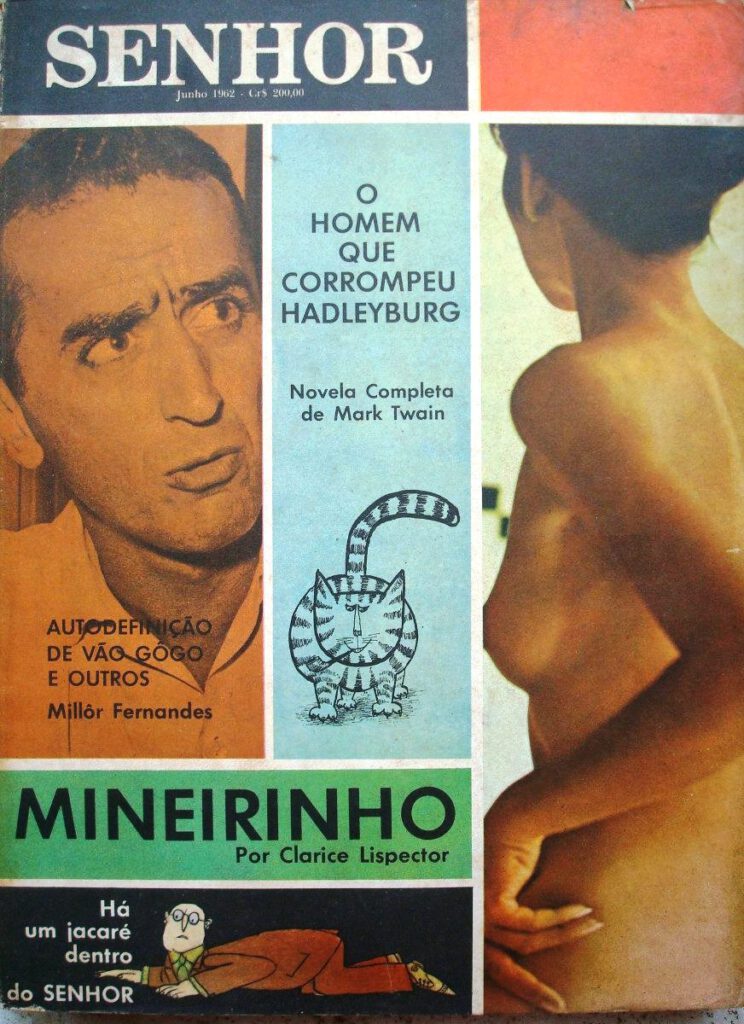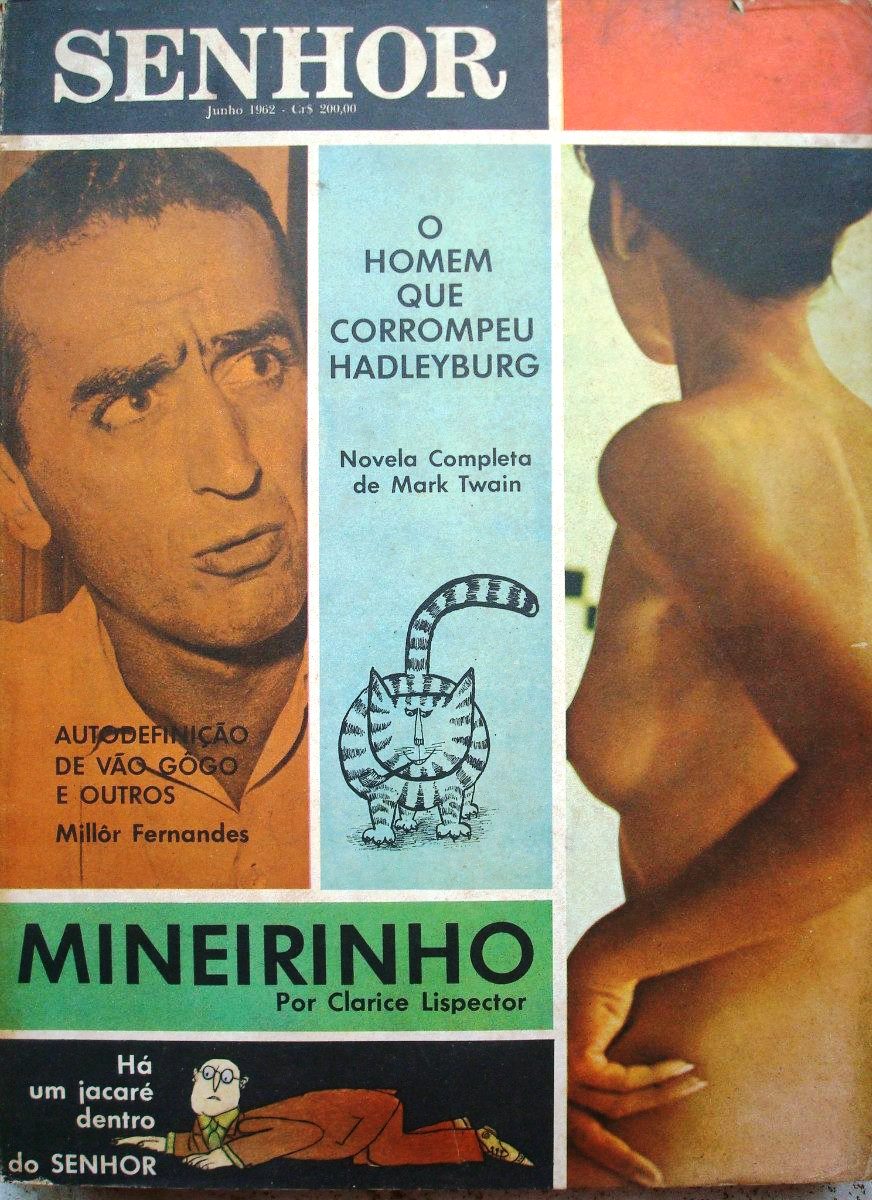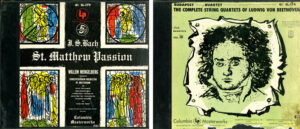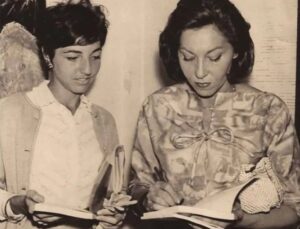, Who was Mineirinho. IMS Clarice Lispector, 2013. Disponível em: https://site.claricelispector.ims.com.br/en/2013/05/31/quem-foi-mineirinho-bastidores-de-uma-cronica/. Acesso em: 25 February 2026.
I am willing to do everything for you; but, my son, tell me one by one all that you need, for I wish to be the intermediary between your soul and God in order to alleviate your ills.
Thus begins the prayer “Five Minutes Before Saint Anthony,” found on the shirt of Mineirinho, one of the Rio de Janeiro police’s most wanted criminals during the 1960s. José Miranda Rosa earned this nickname, naturally, for being born in the state of Minas Gerais.
Mineirinho became famous in those years for his frequent and dangerous infractions, such as countless store robberies in broad daylight, attacks on Rio’s police and three escapes, two from jail and another from the Judicial Asylum, where he was condemned to serve more than a hundred years. They say he escaped swearing to settle accounts with the police officers who had put him there. Since his escape, many traps were meticulously set but only a hunt with more than three hundred men was finally successful.
The prayer continues: “do you wish for my help with your business, do you want my protection to bring back peace to your family, do you desire employment, do you want to help someone who is impoverished, someone in need, do you for someone you highly esteem need good health? Courage, for you shall obtain all this.” Mineirinho’s biography becomes very unique when read together with this prayer. It is said, for example, that the residents gave him cover when the police hunted for him inside the labyrinthine passages of the Mangueira favela where he lived and where he was considered a kind of local “Robin Hood.” Perhaps the clearest difference between the English anti-hero and the Brazilian is the tuberculosis from which the latter suffered. There is also the legend that Mineirinho had seven lives. Seven, but thirteen was the number of bullets that struck him at dawn on that First of May, 1962.
His death was widely reported in the newspapers and magazines of the time, including Senhor, where Clarice Lispector had published chronicles since 1958. The text “Um grama de radium – Mineirinho” (“Mineirinho”) was commissioned by the editorial board and published in the month after he died.

Clarice points out the cruelty in the assassination of Mineirinho and notes the exaggeration of thirteen shots striking the bandit, in opposition to the nocturnal calm of the “essentially clever” that sleep:
But there is something that, if it makes me hear the first and the second gunshots with the relief of safety, at the third puts me on the alert, at the fourth unsettles me, the fifth and the sixth cover me in shame, the seventh and eighth I hear with my heart pounding in horror, at the ninth and tenth my mouth is quivering, at the eleventh I say God’s name in fright, at the twelfth I call my brother. The thirteenth shot murders me — because I am the other. Because I want to be the other.
A year later, in an interview with TV Cultura, Clarice would say: “whatever his crime was, one bullet was enough. The rest was a desire to kill. It was haughtiness.” And in that she was absolutely right. The Diário de Notícias published at the time of the pursuit that the order given was to detain him “at any cost.”
“It was past time for us, with or without irony, to be more divine,” Clarice wrote. “If we can guess what God’s benevolence might be it is because we guess at benevolence in ourselves, whatever sees the man before he succumbs to the sickness of crime. I go on, nevertheless, waiting for God to be the father, when I know that one man can be father to another.”
“Now, go back to your occupations and don’t forget what I have recommended; always come looking for me, because I wait for you; your visits will always be a pleasure, because a fonder friend than I you shall not find.” This is the conclusion of Saint Anthony’s prayer.
However, Mineirinho’s story did not end that morning. In addition to all the social notoriety – more than two thousand attended his funeral – and having become a notable Lispector character, his biography was adapted for the cinema in 1967, directed by Aurélio Teixeira and entitled Mineirinho Vivo ou Morto (Mineirinho Dead or Alive).







